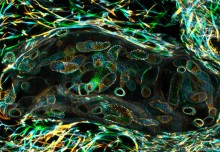

GLOBAL HEALTH BIOSENSORS
Low-cost, disease-detecting biosensors show global health promise
Researchers have developed low-cost, biodegradable biosensors for global health applications in resource-limited settings.



Low-cost, disease-detecting biosensors show global health promise
Researchers have developed low-cost, biodegradable biosensors for global health applications in resource-limited settings.
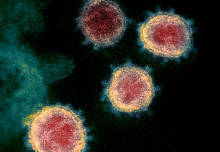

UK researchers identify inflammatory protein linked to severe COVID-19
Patients with severe COVID-19 show increased levels of a key protein in their blood, which researchers believe may help identify those most at risk.


New study to explore how well COVID-19 vaccines protect dialysis patients
A new study will assess how well COVID-19 vaccines work in people who attend hospital for their dialysis treatment (haemodialysis).


Samples from public spaces could show how coronavirus spreads through the air
A new study will explore whether tiny airborne droplets and particles can spread coronavirus in settings like supermarkets, schools and busy streets.
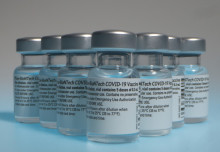

Single dose of vaccine acts as ‘booster’ in those with prior COVID-19 infection
Two new studies have revealed insights into the immune protection provided by a single dose of COVID-19 vaccination.
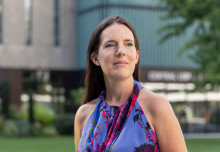

Women in Science award and bronze statue for innovative bioengineering professor
Professor Molly Stevens has won the FEBS/EMBO Women in Science Award in recognition of her outstanding scientific achievements.


Video
COVID-19 reflections: the lessons learnt from the pandemic
Imperial researchers reflect on the lessons they will take away from the pandemic.
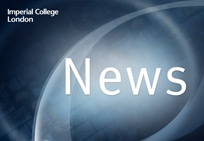

COVID Vaccine Trial Participants at Imperial CRF share their Experience
When the pandemic hit, nearly all the resources at the Imperial Clinical Research Facility (CRF) were directed to help tackle COVID-19.


Coronavirus more likely to spread inside through maskless talking than coughing
Cambridge and Imperial researchers found that coronavirus is more likely to spread through prolonged talking than coughing in badly ventilated spaces.
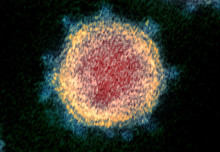

Imperial leads new consortium to study threats from new SARS-CoV-2 variants
Imperial researchers will lead a new consortium of UK virologists to study the effects of emerging mutations in SARS-CoV-2.